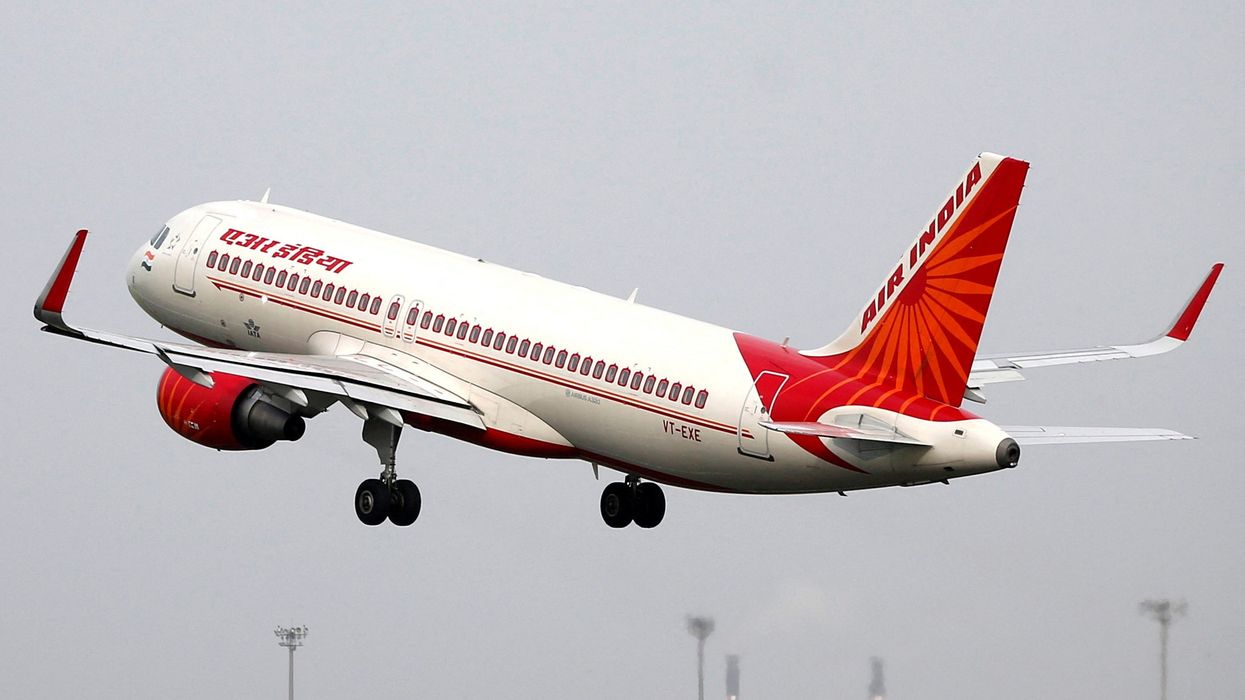INDIA’s aviation regulator has warned Air India over repeated violations in scheduling pilots beyond the mandated flight duty time, according to government directives.
The Directorate General of Civil Aviation (DGCA) has directed Air India to remove three officials involved in crew scheduling – a divisional vice president, a chief manager of crew scheduling, and one planning executive – for lapses linked to two flights from Bengaluru to London on May 16 and 17 that exceeded the 10-hour flight duty limit, Reuters reported.
The order, dated June 20, pointed to "systemic failures in scheduling protocol and oversights" and noted the absence of strict disciplinary action against those responsible.
Oversight unrelated to crash
The DGCA’s latest action is not connected to the recent crash of an Air India Boeing 787-8 plane that killed all but one of the 242 people onboard. However, it reflects increasing scrutiny of the airline’s operations.
Earlier this week, Reuters reported that authorities had also warned Air India for flying three Airbus planes that were overdue for mandatory checks on emergency equipment, including escape slides.
DGCA order highlights lapses
In its latest directive, DGCA’s assistant director of operations Himanshu Srivastava wrote: “Of particular concern is the absence of strict disciplinary measures against key officials directly responsible.”
Air India, in a statement to Reuters, said it has complied with the DGCA’s order. The airline also said its chief operations officer would oversee the Integrated Operations Control Centre for the time being.
“Air India is committed to ensuring that there is total adherence to safety protocols and standard practices,” the airline added.
The DGCA stated that the airline had voluntarily disclosed the pilot duty violations.
Previous safety warnings
Air India, which was taken over by the Tata Group in 2022, has faced various challenges in rebuilding its reputation following years of criticism over service quality.
The DGCA, like many global aviation regulators, routinely issues fines or warnings to airlines for safety and compliance lapses. In February, the Indian government told parliament that aviation authorities had taken action in 23 cases of safety violations last year.
Of these, 12 cases involved Air India and Air India Express. The largest penalty was a $127,000 fine on Air India for having “insufficient oxygen on board” during some international flights.
(With inputs from Reuters)





